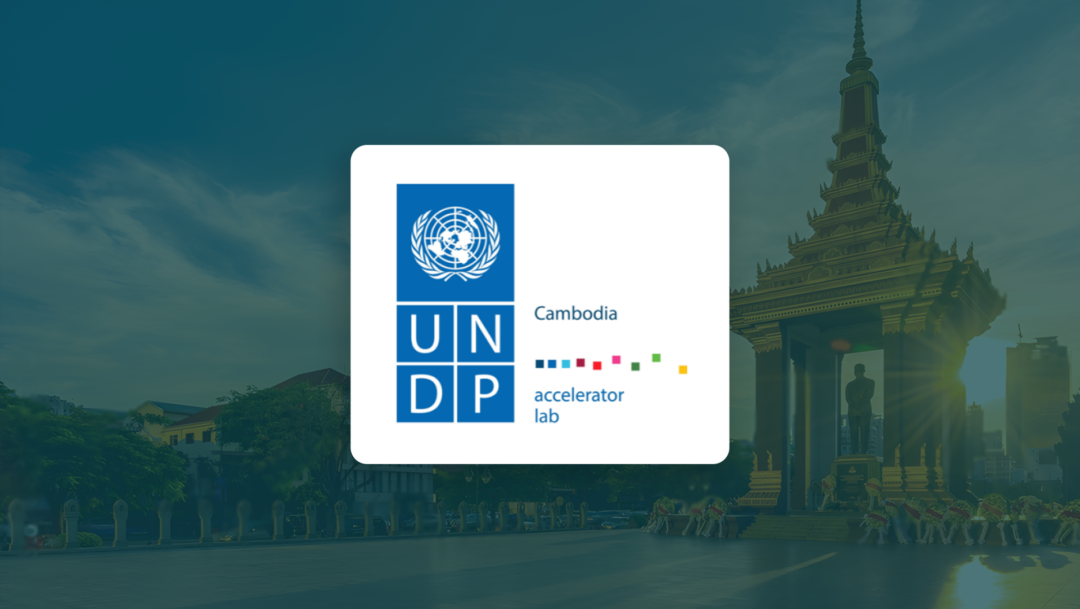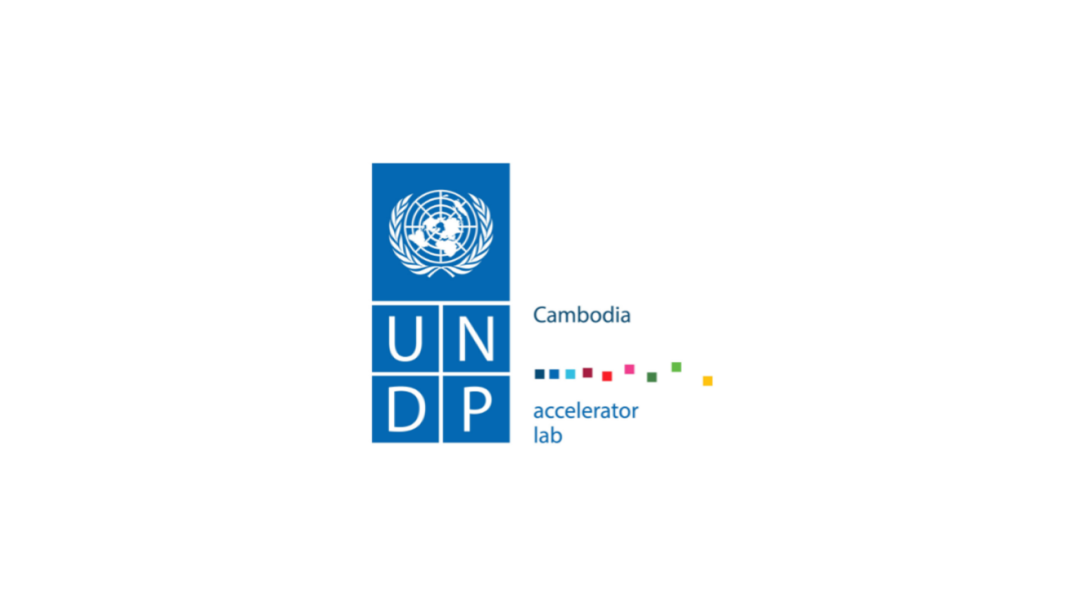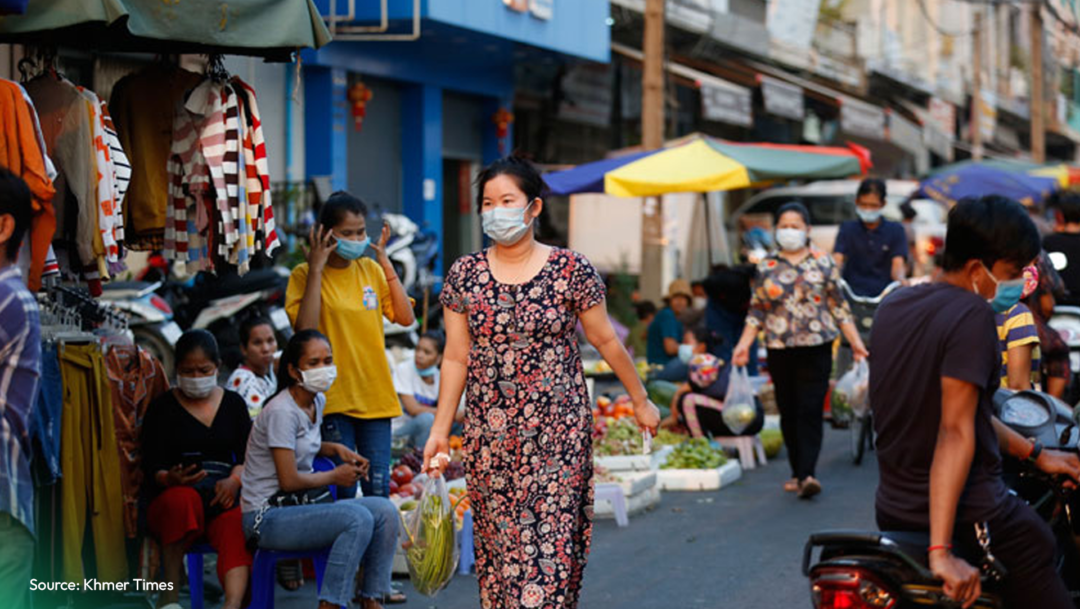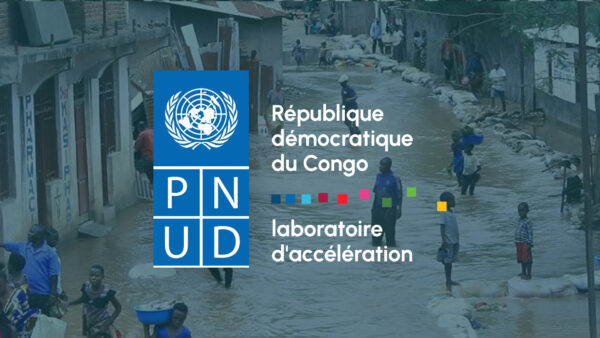
Evaluating China’s Cat Food Market for Strategic Investment
This case study analyzes a leading cat food company in China for Invus Capital, combining quantitative and qualitative research to
Discover how UNDP Accelerator Labs leveraged data to support Cambodia’s informal sector during the COVID-19 crisis, guiding effective policy decisions and community interventions.


Measure and analyze the socio-economic impact of COVID-19 on informal workers and MSMEs in Cambodia, enabling UNDP to tailor responsive policies and interventions.
Non-Profit/Organizational Research
Survey Research, Qualitative Research, Social Listening, Data Analytics Dashboard Report, Custom Development

The COVID-19 pandemic has profoundly impacted socio-economic structures globally, with informal workers and micro, small, and medium enterprises (MSMEs) among the hardest hit. In Cambodia, these groups are crucial to the national economy, often operating without formal support systems, making them particularly vulnerable. UNDP Cambodia recognized the need to understand, in real-time, how these communities were coping with the pandemic, adapting to new economic conditions, and identifying their emerging needs.
Despite the urgency, gathering nuanced and actionable data was challenging due to:
To effectively address the challenges posed by the COVID-19 pandemic on informal workers and MSMEs in Cambodia, UNDP Accelerator Labs collaborated with Standard Insights to create a comprehensive, user-friendly, and accessible online dashboard. This interactive web platform was designed to provide real-time socio-economic insights and facilitate responsive decision-making. Here’s how we structured our approach:
The deployment of this interactive web platform dashboard brought about significant positive outcomes:
This project not only demonstrated the effectiveness of integrating advanced data analytics and social listening in managing crisis situations but also set a standard for transparency and public engagement in socio-economic recovery initiatives.

This case study analyzes a leading cat food company in China for Invus Capital, combining quantitative and qualitative research to

Discover how Standard Insights helped Leo Beer make informed decisions on their brand refresh by evaluating consumer perceptions, saving costs,

How understanding local populations’ perception and preparedness towards flooding in the DRC can help mitigate disasters.
Create your free account, and use our set of tools to conduct your research easily.